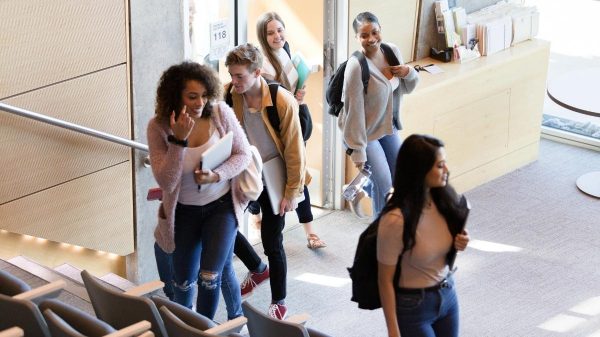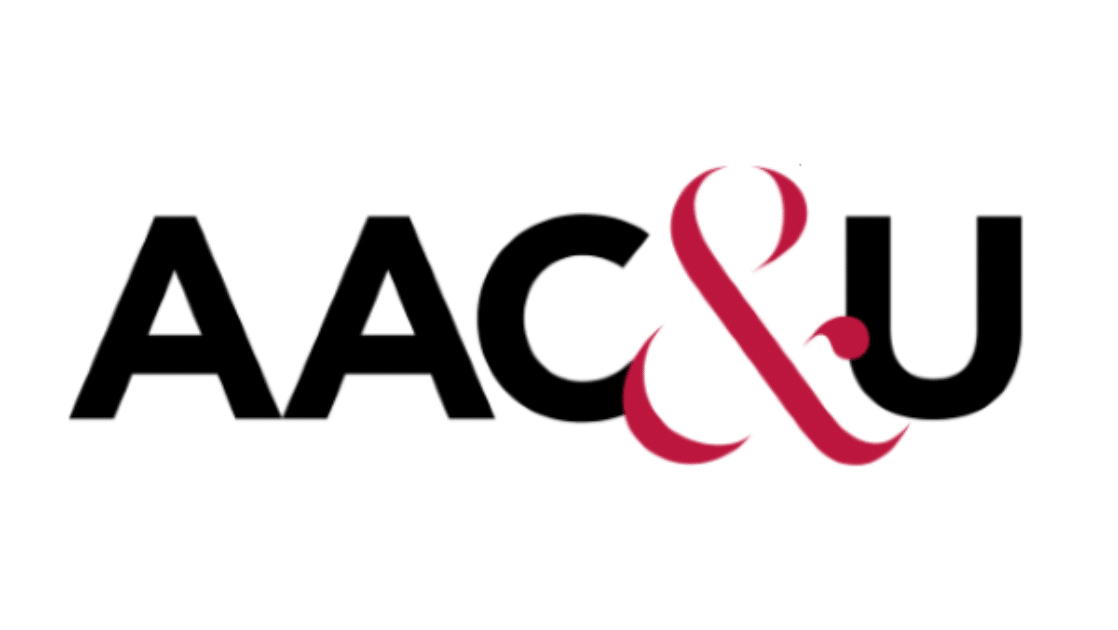Cia Verschelden is the Special Projects Advisor for the Integration of Academic and Student Affairs at the American Association of Colleges and Universities, USA. She was most recently Vice President of Academic and Student Affairs at Malcolm X College in Chicago. Her administrative experiences include Executive Director of Institutional Assessment at the University of Central Oklahoma, Vice President of Academic Affairs at Highland Community College, and Director of Assessment at Kansas State University, where she was on the faculty for 21 years. She has taught social welfare and social policy, women’s studies, sociology, and nonviolence studies. Cia has a BS in psychology from Kansas State University, a Masters in Social Work (MSW) from the University of Connecticut, and an EdD from Harvard University.
Cia’s books (click the links below for details of how to order and claim a 20% discount):

Microaggressions are small, subtle insults, slights, and invalidations that eat away at self-confidence and make people feel unsure, unsafe, and constantly vigilant. All this uncertainty depletes bandwidth. We can create learning spaces where microaggressions are minimised and where everyone can learn.

When students are not sure they belong in a class or on campus, they may struggle to be academically successful. There are things we can do in our classrooms and other learning settings to nurture students' sense of belonging.

The potential long-term effects of childhood trauma on adult health and well-being have been strongly documented in public health research. We can create learning environments that support students whose learning might be impaired by those negative effects.



Due to social phenomena like poverty, racism, classism, ableism, homophobia, xenophobia, and other 'differentisms', many students arrive at college with depleted cognitive capacity for learning. Teachers can use strategies in our classrooms to help them recover.

When students are members of groups about whom there are negative stereotypes, performance can be depressed by worry about confirming those stereotypes. Learning spaces can be identity-safe or identity-threat environments, with resultant positive or deleterious effects on student learning.



